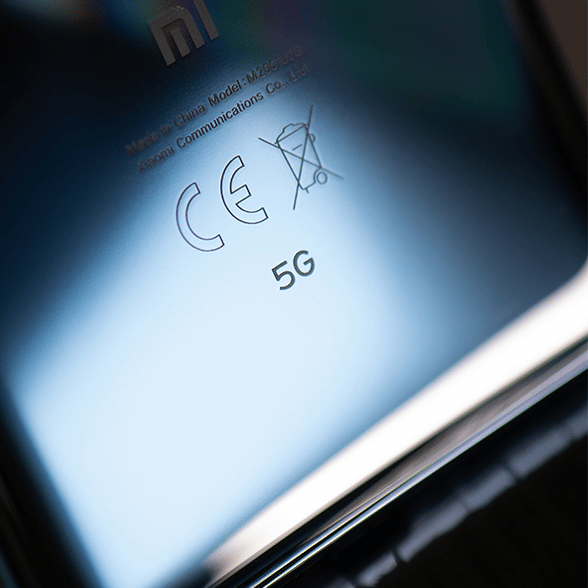Verizon said today that its nationwide 5G network is now operational and reaches 200 million people in 1,800 cities around the U.S. The company is using the name Verizon 5G Nationwide for the service, which according to the company “runs on lower spectrum bands than 5G Ultra Wideband.”
Also today, Verizon said it has expanded the availability of its 5G Ultra Wideband service, which is now available in parts of 55 cities. Until now, Verizon’s only 5G offering has been 5G Ultra Wideband, which operates in the high-frequency millimeter wave (mmWave) spectrum band, which supports the highest speeds but over relatively short distances.
Verizon’s chief rivals AT&T and T-Mobile already have been able to claim nationwide coverage because they have deployed 5G in low-band and/or mid-band spectrum, which provides broader coverage. In comparison with Verizon, both of those carriers had a greater inventory of lower-frequency spectrum at the time those deployments were made.
Since then, Verizon has obtained a large amount of mid-band spectrum in the CBRS auction, in which the company was the biggest winner. In addition, the company is using dynamic spectrum sharing to enable its 5G Nationwide network to share lower-frequency spectrum with its previously deployed LTE network.
Vestberg Breaks the News
Hans Vestberg, CEO of Verizon Communications, made the announcements about Verizon 5G Nationwide and 5G Ultra Wideband at a launch event for the new iPhone, the first iPhone to have 5G capability.
“Until now, most people have been taking a wait-and-see approach to 5G,” said Vestberg. But with the 5G iPhone, he said, “5G just got real.”
Vestberg also noted that Verizon continues to enhance the capabilities of its 5G Ultra Wideband network, which now provides download speeds as high as 4 Gbps in “ideal” conditions. Upload speeds, he said, are as high as 200 Mbps.
In a press release, Verizon explained that the 5G Ultra Wideband boost was made possible using carrier aggregation.
“Verizon combined eight separate channels of mmWave spectrum to achieve record-setting multi-gigabit speeds in parts of some cities,” the release said. This technology will double the download speeds that 5G Ultra Wideband traditionally has provided, according to Verizon.
On the upload side, customers will see a boost in 5G Ultra Wideband speeds with two carrier aggregation, Verizon said.


